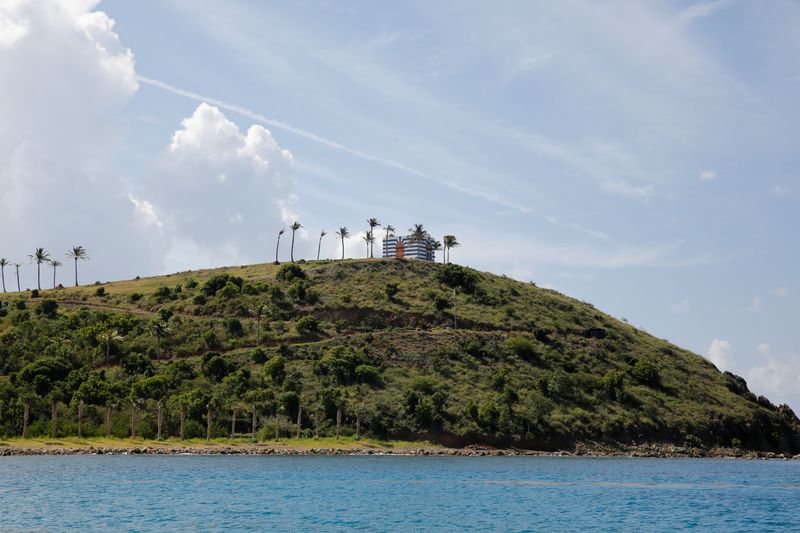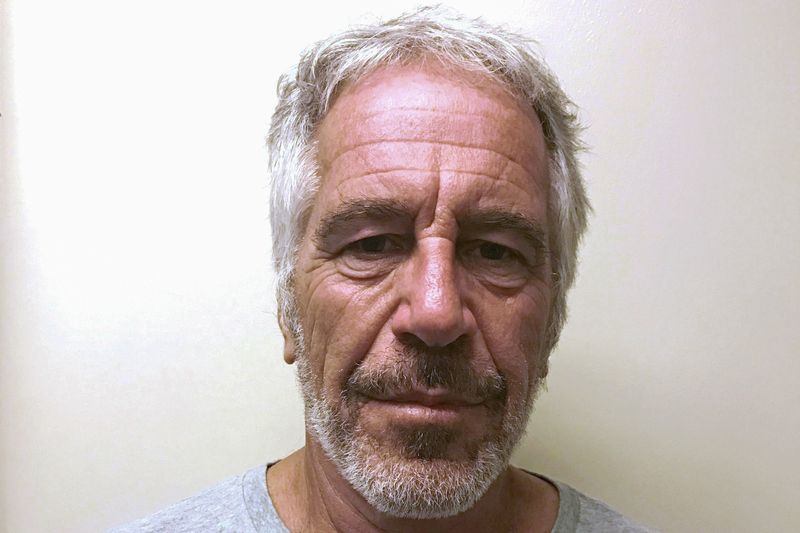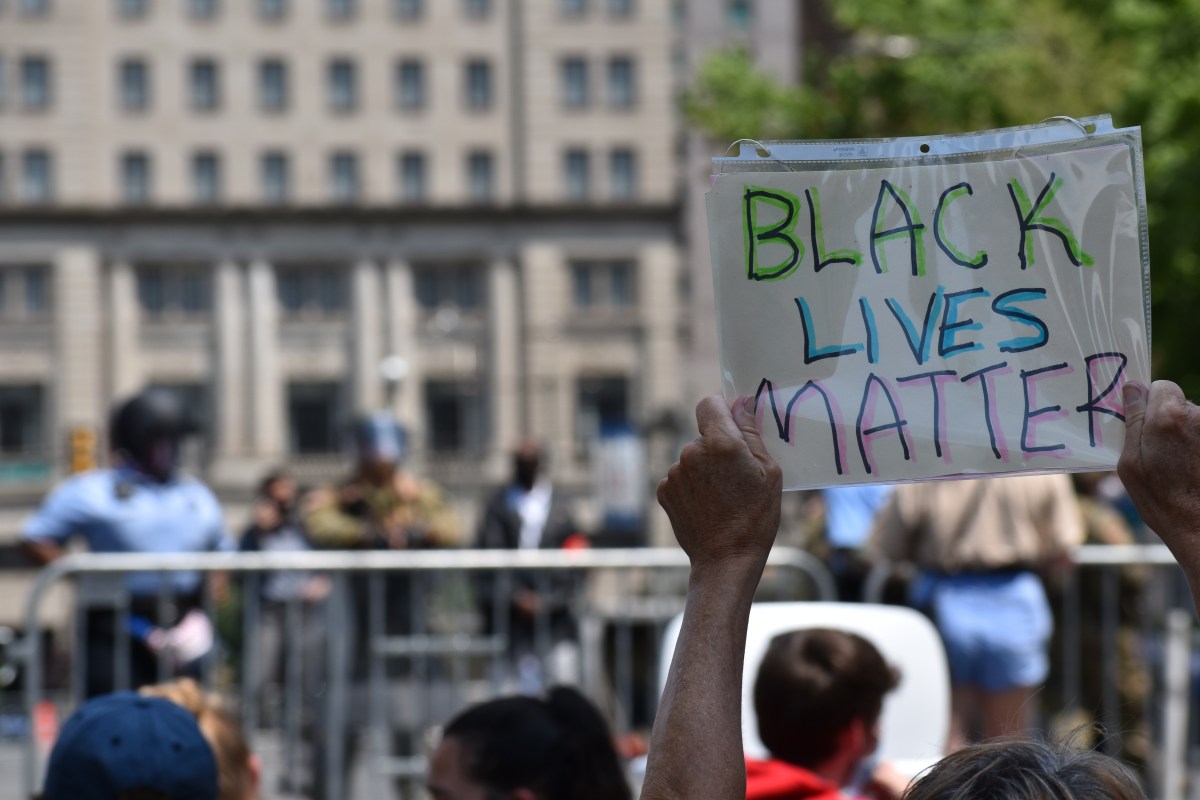NEW YORK (Reuters) – A fund to compensate victims of Jeffrey Epstein’s sexual abuse may begin making payouts soon, after the deceased financier’s estate, his accusers and the attorney general of the U.S. Virgin Islands resolved their differences over the process.
The accord came 9-1/2 months after Epstein killed himself in a Manhattan jail while awaiting trial on sexual abuse and sex trafficking charges. The Virgin Islands probate court, which is handling the estate, must still sign off on the fund.
Lawyers for the estate, which was valued at $636.1 million before the recent global market plunge, had proposed the fund last year.
They drew objections from victims’ lawyers who said they had not been consulted, and from Virgin Islands Attorney General Denise George, who resisted requiring victims to sign broad releases that could block them from suing Epstein’s associates.
“We resolved the release issue,” Brad Edwards, a lawyer representing victims, said in an email on Friday. “I can’t say too much about that at this time but any of Epstein’s friends who were also abusers will not be released.”
“My office will forcefully continue its work to hold accountable Epstein’s criminal enterprise,” George, who announced the agreement, said in a statement.
Darren Indyke and Richard Kahn, executors of the estate, said they were “pleased” with the agreement, which they said would ensure claimants were treated with “compassion, dignity and respect.”
Epstein was arrested in July on charges he abused and trafficked in women and girls from 2002 to 2005 in Manhattan and Florida and pleaded not guilty.
He died Aug. 10, two days after signing his will, by hanging himself in his cell.
George sued the estate in January, saying Epstein’s sexual misconduct there stretched from 2001 to 2018 and included raping and trafficking in dozens of women and girls.
(Reporting By Brendan Pierson in New York; Editing by Cynthia Osterman)























